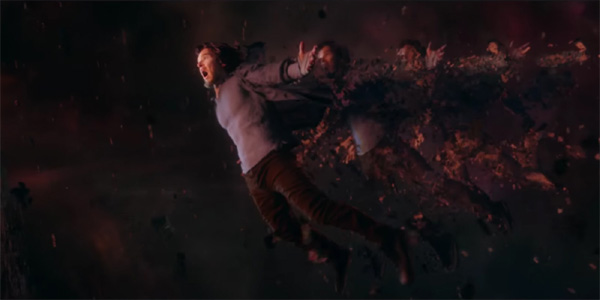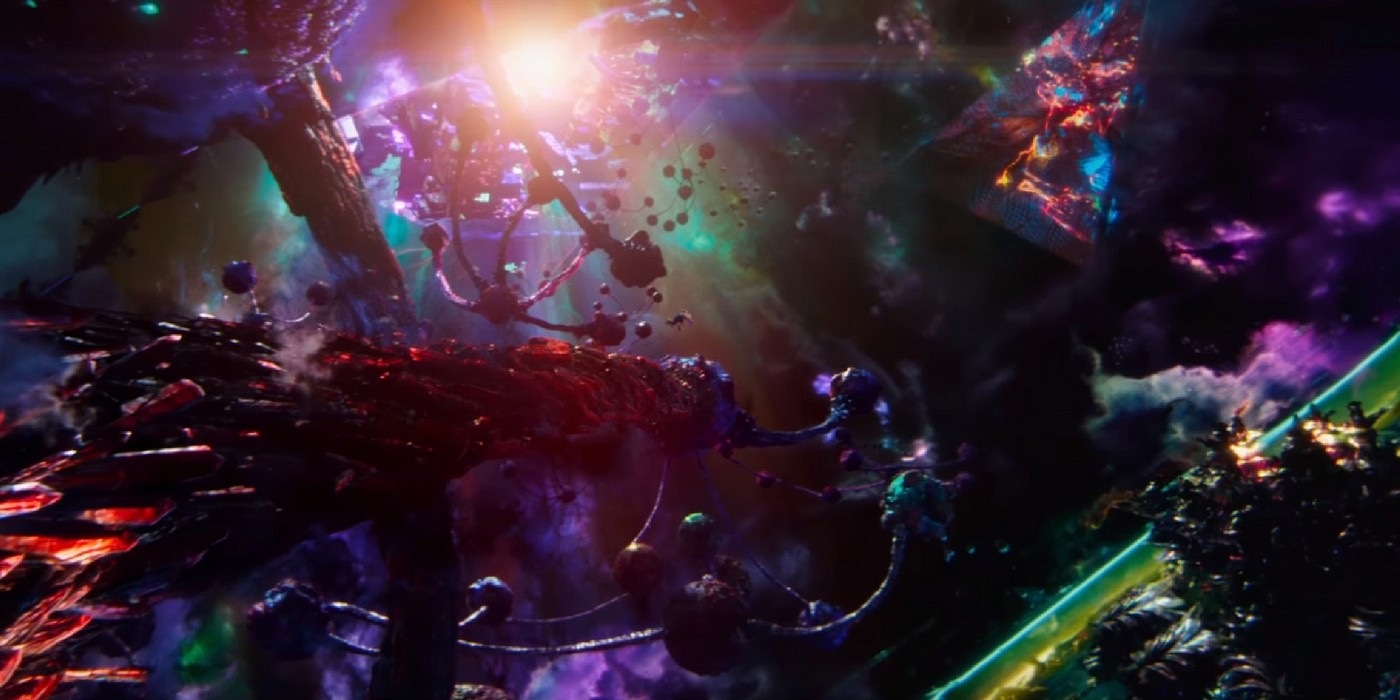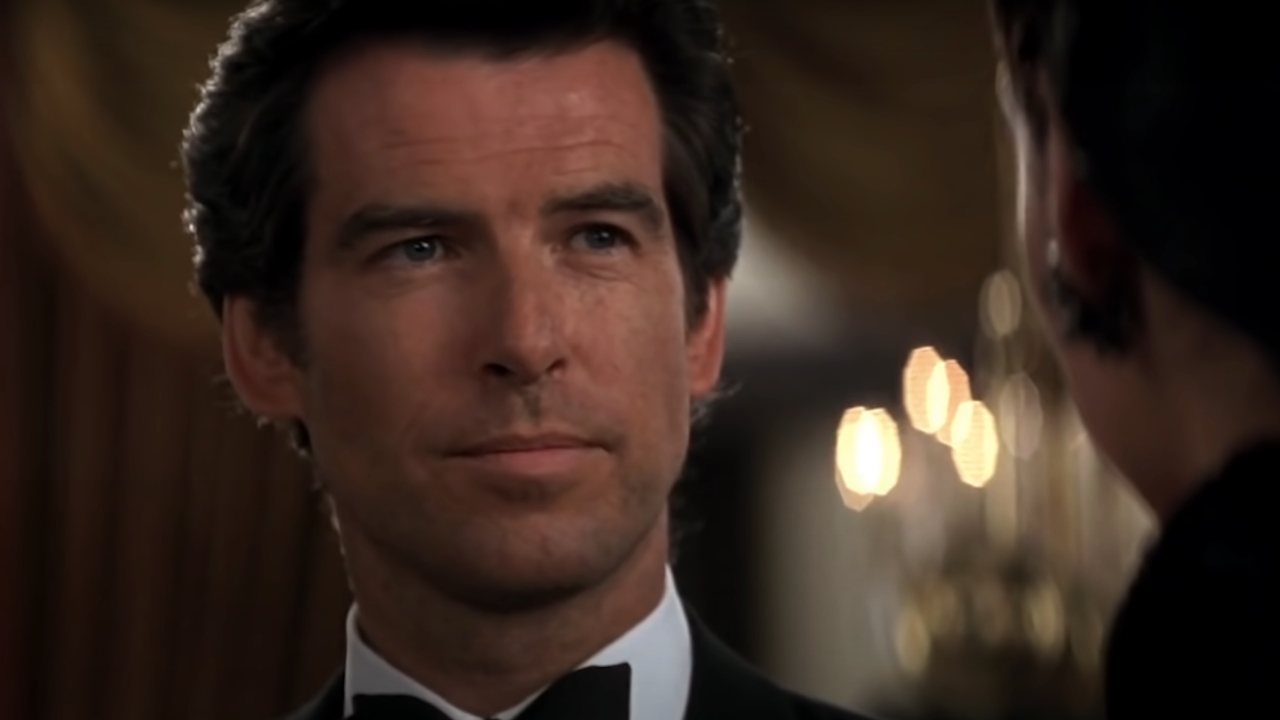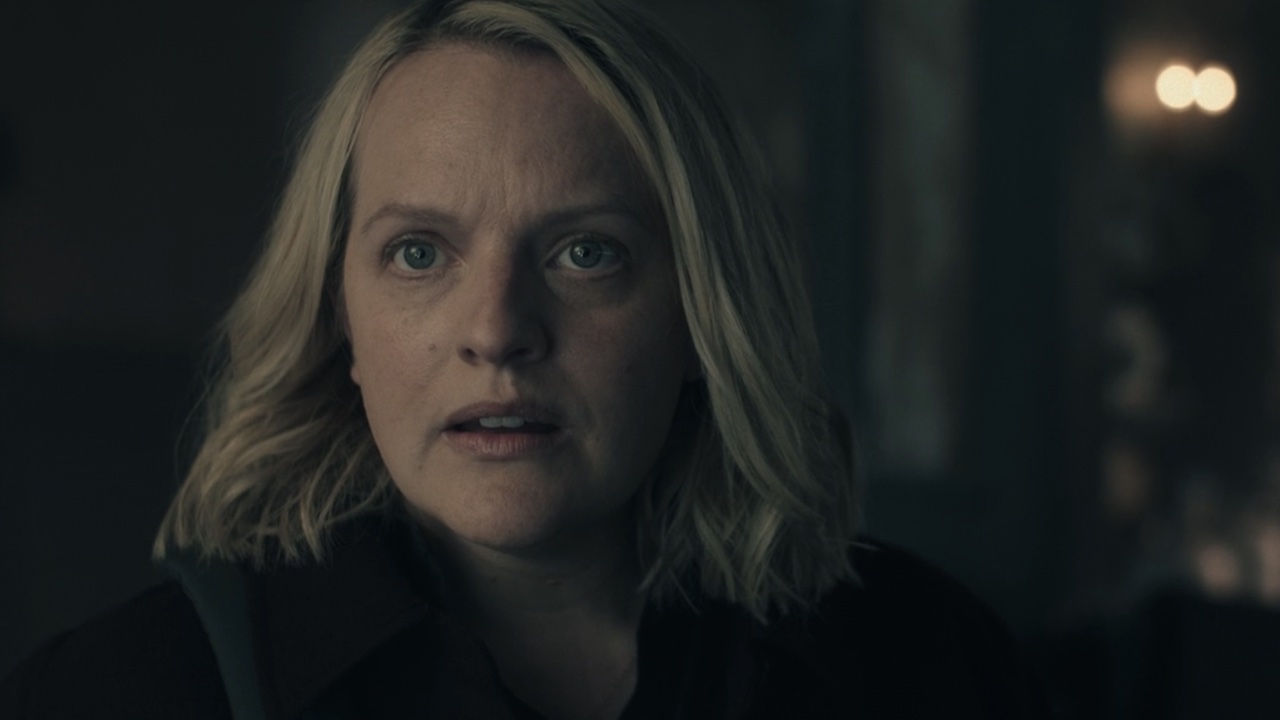Marvel's Multiverse: An In-Depth Look At How It Works In Doctor Strange And Beyond

Doctor Strange is a key piece in the Marvel Cinematic Universe puzzle largely because of the way it puts magic front and center in what has been a predominantly sci-fi fictional world -- but not to be ignored is the significance of another concept that may eventually prove incredibly important to the future of the franchise: the multiverse. A part of both Marvel and DC Comics for years, the theory is introduced to the titular hero by The Ancient One right alongside the ways of being a sorcerer, and it's established that it's both a major part of his powers and his future. That being said, it's also not exactly the easiest or simplest idea to wrap your mind around -- which is why I'm going to try and explain exactly how it all works for those of you who may be a bit confused after seeing the latest Marvel blockbuster.
For practical purposes, the best way to start understanding the multiverse is by thinking about everything in our known existence as a sphere. This includes everything from the smallest cell in your body, to what exists at the farthest reaches of our ever expanding universe; as well as everything that has happened or existed in the past, present and future. As of now, everything that we absolutely know about is contained within this sphere, and it's the only sphere of which we firmly know.
According to the multiverse theory, however, this sphere of everything in our known existence most definitely isn't the only sphere that exists. Quite the contrary, there are actually an infinite number of spheres -- also commonly referred to as alternate dimensions or parallel universes - and each one contains an entirely unique existence. A fraction of them - which is also to say an infinite number of them - are actually almost identical to our own, featuring only the most extremely minor difference (example: in our existence you took a breath at a precise millisecond, and in another you held it for a moment longer).

By contrast, there is also an infinite number of existences/spheres that either have very key differences from our own, or absolutely no resemblance (an example of this being many of the dimensions Doctor Strange rockets through during his introduction to The Ancient One and her abilities). A fun part of thinking about this concept is the fact that an infinite number of realities and possibilities means that all fiction is real and occurs on its own plane of the multiverse. Basically, in theory there is an existence where the Marvel Cinematic Universe is playing out as a reality the same way that it does in the films and television shows in universe - and by extension, our universe is actually part of the same multiverse that is introduced in Doctor Strange.
There are many different debates about the precise nature of the multiverse -- such as whether planes are stacked on top of each other or spread to infinity -- but it's a theory that has been inspiring science-fiction writers for decades. In comics, ideas about the multiverse have implemented into major arcs like DC Comics' Crisis On Infinite Earths in 1985, and Marvel's 2015 Secret Wars event -- but it's also been a part of the work of authors like H.P. Lovecraft; shows like Sliders and Rick and Morty; and films like Last Action Hero and The One. What's perhaps most interesting is that all of these works utilize the multiverse in very different ways -- which is why it's such an exciting concept to bring to the Marvel Cinematic Universe.
Exactly what it will ultimately mean, of course, is up to the minds of filmmakers like Marvel Studios President Kevin Feige and the teams of writers and directors that he works with as the franchise grows. Peyton Reed's Ant-Man And The Wasp certainly seems primed for some exploration of the idea with the characters further investigating the layer of the multiverse dubbed the Quantum Realm; but the fact that we will likely be seeing Thanos get hold of all the Infinity Stones in Joe and Anthony Russo's The Avengers: Infinity War is an open invitation for some devilish multiverse manipulation. Whatever the future may hold, thanks to Doctor Strange we've now passed the introduction phase, and the infinite possibilities beyond that are incredibly exciting.
CINEMABLEND NEWSLETTER
Your Daily Blend of Entertainment News

Eric Eisenberg is the Assistant Managing Editor at CinemaBlend. After graduating Boston University and earning a bachelor’s degree in journalism, he took a part-time job as a staff writer for CinemaBlend, and after six months was offered the opportunity to move to Los Angeles and take on a newly created West Coast Editor position. Over a decade later, he's continuing to advance his interests and expertise. In addition to conducting filmmaker interviews and contributing to the news and feature content of the site, Eric also oversees the Movie Reviews section, writes the the weekend box office report (published Sundays), and is the site's resident Stephen King expert. He has two King-related columns.
The Fantastic Four: First Steps Director Thankfully Didn't Rely Solely On Motion-Capture To Bring Galactus To Life, And I Couldn’t Be Happier With This Approach
I Think The New Thunderbolts Popcorn Buckets Are Fine, But This Fan Art Using Bucky's Arm As The Container Would Have Been A+









